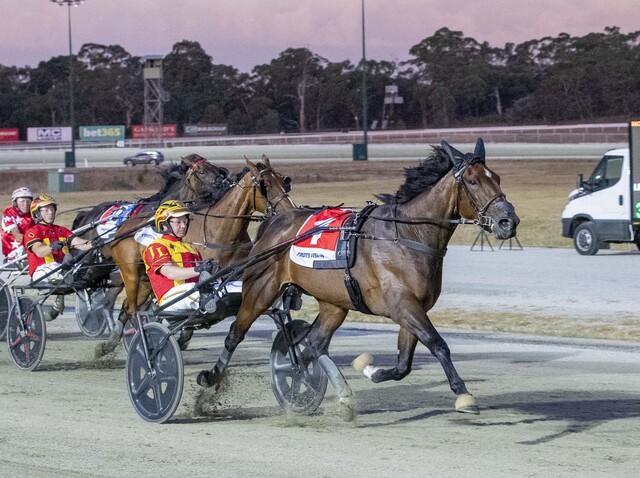A Moorabool councillor fears the character of Bacchus Marsh will change if the town’s housing strategy encourages high-density residential developments.
Councillors last week voted to support Housing Bacchus Marsh to 2041, a document that sets out housing supply and demand, identifies housing-stock diversity targets, provides policy guidance to enable “orderly growth”, and develops a strategy for residential growth that considers the specific pressures for housing in Bacchus Marsh.
West Moorabool ward councillor Tom Sullivan said he was concerned at a lack of protection in the document to uphold the neighbourhood characteristics of Bacchus Marsh.
“If you look at the [overall] housing market, where do you see ourselves fitting in?” Cr Sullivan said. “Is there enough protection in here … to maintain ourselves within that [acceptable] band?”
However, Moorabool council’s acting strategic and sustainable development manager, Andrew Goodsell, said the policy document would not “change the fabric” of the town. It would, in fact, do the opposite, he said.
“Currently, there is no neighbourhood character control and a lack of control for new developments,” Mr Goodsell said.
“And about eight per cent of applications for houses are units; 92 per cent are for [traditional] houses.
“[This document] looks at rebalancing that slightly to enable more choice.”
Mr Goodsell said while the council supported and promoted high-density developments in the housing strategy, it would be “balanced in context”.
East Moorabool ward councillor Tonia Dudzik said the document would give council “greater control” of developments and strengthen its case at the Victorian Civil and Administrative Tribunal if developers objected to council’s decisions.
During consultation on the document, Western Water, Wyndham council and the state Department of Economic Development, Jobs, Transport and Resources each made submissions, all supportiing council’s policy.
The department urged greater housing density near public transport and identified seven precincts where it could be promoted, all of which were rejected by Moorabool council.

















